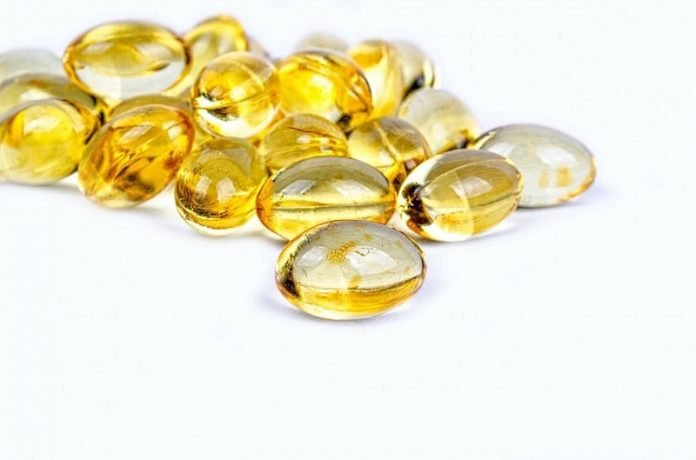
Vitamin D is produced in the skin from UVB sunlight exposure and is transported to the liver and then the kidney where it is changed into an active hormone that increases calcium transport from food in the gut and ensures calcium is adequate to keep the skeleton strong and free of osteoporosis.
But vitamin D can also support the immune system through a number of immune pathways involved in fighting SARS2COV. Many recent studies confirm the pivotal role of vitamin D in viral infections.
In a recent study from Trinity College Dublin, scientists found that vitamin D can determine the severity of COVID-19, and they are calling on the government in Ireland to change recommendations for vitamin D supplements.
The finding highlights the association between vitamin D levels and mortality from COVID-19.
In the study, researchers analyzed all European adult population studies, completed since 1999, which measured vitamin D and compared vitamin D and death rates from COVID-19.
They showed that counter-intuitively, countries at a lower latitude and typically sunny countries, such as Spain and Northern Italy, had low concentrations of vitamin D and high rates of vitamin D deficiency.
These countries also experienced the highest infection and death rates in Europe.
The northern latitude countries of Norway, Finland, and Sweden, have higher vitamin D levels despite less UVB sunlight exposure because supplementation and fortification of foods are more common.
These Nordic countries have lower COVID-19 infection and death rates. The correlation between low vitamin D levels and death from COVID-19 is very strong.
The researchers say that, whereas optimizing vitamin D levels will certainly benefit bone and muscle health, the data suggests that it is also likely to reduce serious COVID-19 complications.
This may be because vitamin D is important in the regulation and suppression of the inflammatory cytokine response, which causes the severe consequences of COVID-19 and ‘acute respiratory distress syndrome’ linked to ventilation and death.
If you care about supplements, please read studies about natural food supplement that may relieve anxiety, and Vitamin D plays a big role in fighting infections.
For more information about supplements, please see recent studies about supplements that could help prevent heart disease, stroke, and results showing vitamin C may help treat heart rhythm problem.
The study was conducted by Professor Rose Anne Kenny et al.
Copyright © 2022 Knowridge Science Report. All rights reserved.



